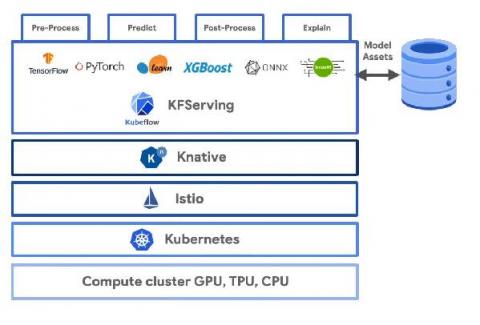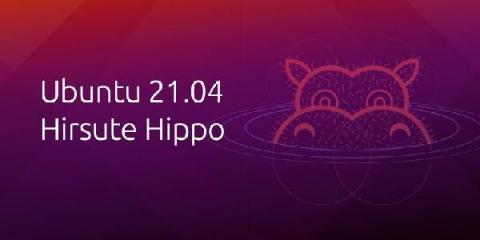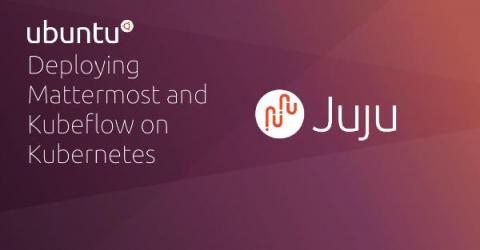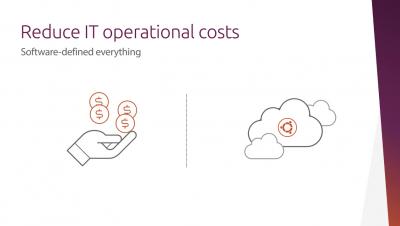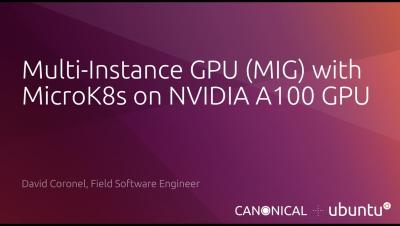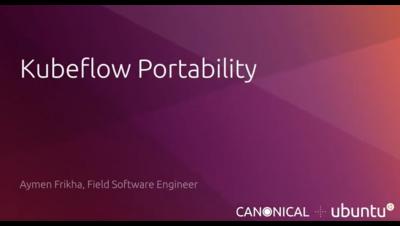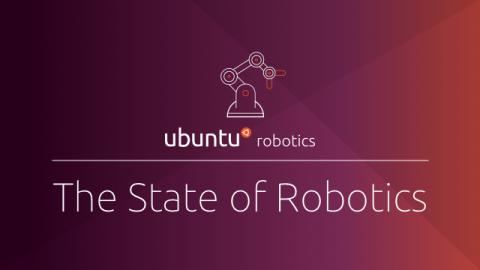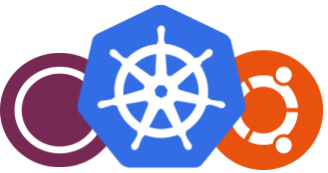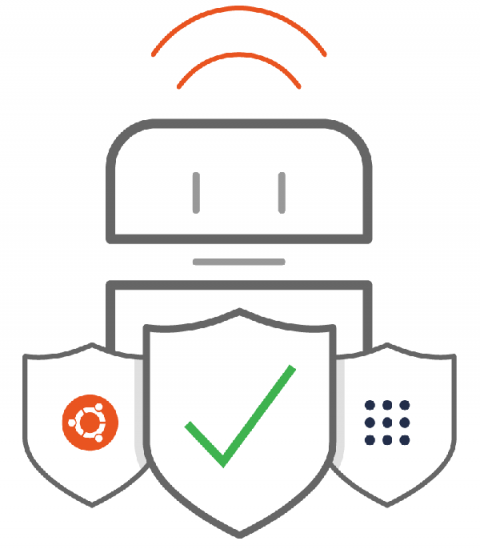OpenStack CentOS alternatives:7 reasons to migrate to Ubuntu
Looking for OpenStack CentOS alternatives after recent changes in the CentOS project? Think Ubuntu – the most popular Linux distribution for OpenStack deployments, after CentOS, across development and production environments. Wondering what makes Ubuntu different? Here are seven reasons you should consider Ubuntu when planning your CentOS migration.




